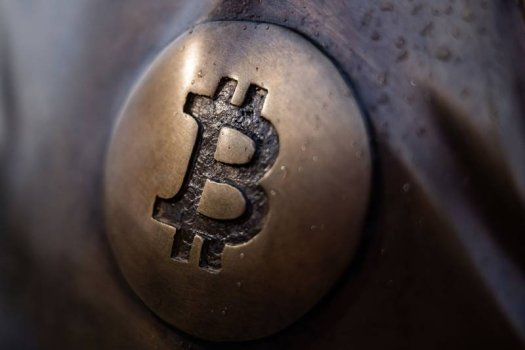The perception of digital assets on the part of investors has changed significantly. Once viewed with skepticism, digital assets – and blockchain, the technology upon which they are based – have cemented their place in the financial mainstream, with a number of crypto companies such as Coinbase going public, and some of the world’s largest asset managers developing crypto services.
It is now 13 years since cryptocurrencies first entered public consciousness, in the form of the Bitcoin white paper. This period has seen plenty of innovation, including the creation of an entire industry of decentralized finance, the rapid rise of tokenized assets in the form of non-fungible tokens, or NFTs, and a virtual reality web experience powered by blockchain in the form of the metaverse.
Today, the digital assets sector stands at an inflection point. The barriers that once hampered engagement and adoption of digital assets and blockchain have been eroded. The availability of mature institutional-grade infrastructure and regulated counterparties in the industry offers a secure and trusted means for stakeholders to access the digital asset sector.
Regulation was the final hurdle. Corporates, institutions and investors need clarity to operate in the space and countries with clear legislative frameworks on digital assets have already established themselves as leaders in attracting such activity. Switzerland continues to uphold its financial pedigree by establishing itself as the de facto European crypto capital, having enacted a law that allows for a wide range of crypto and blockchain-based enterprise activity. It has also cultivated an ecosystem of more than a thousand blockchain companies, including 14 unicorns.
Continue reading: https://www.thenationalnews.com/opinion/comment/2022/02/28/uae-could-become-a-blockchain-superpower/
It is now 13 years since cryptocurrencies first entered public consciousness, in the form of the Bitcoin white paper. This period has seen plenty of innovation, including the creation of an entire industry of decentralized finance, the rapid rise of tokenized assets in the form of non-fungible tokens, or NFTs, and a virtual reality web experience powered by blockchain in the form of the metaverse.
Today, the digital assets sector stands at an inflection point. The barriers that once hampered engagement and adoption of digital assets and blockchain have been eroded. The availability of mature institutional-grade infrastructure and regulated counterparties in the industry offers a secure and trusted means for stakeholders to access the digital asset sector.
Regulation was the final hurdle. Corporates, institutions and investors need clarity to operate in the space and countries with clear legislative frameworks on digital assets have already established themselves as leaders in attracting such activity. Switzerland continues to uphold its financial pedigree by establishing itself as the de facto European crypto capital, having enacted a law that allows for a wide range of crypto and blockchain-based enterprise activity. It has also cultivated an ecosystem of more than a thousand blockchain companies, including 14 unicorns.
Continue reading: https://www.thenationalnews.com/opinion/comment/2022/02/28/uae-could-become-a-blockchain-superpower/

